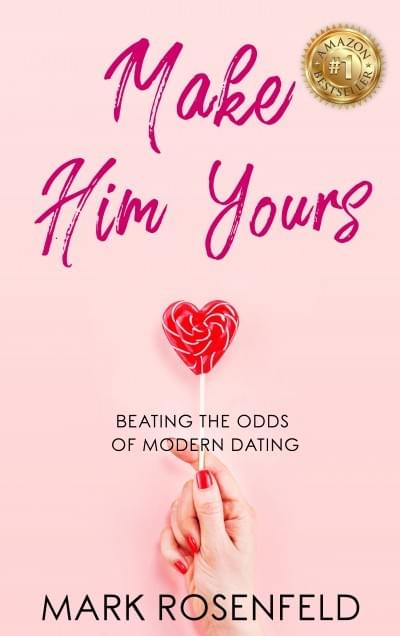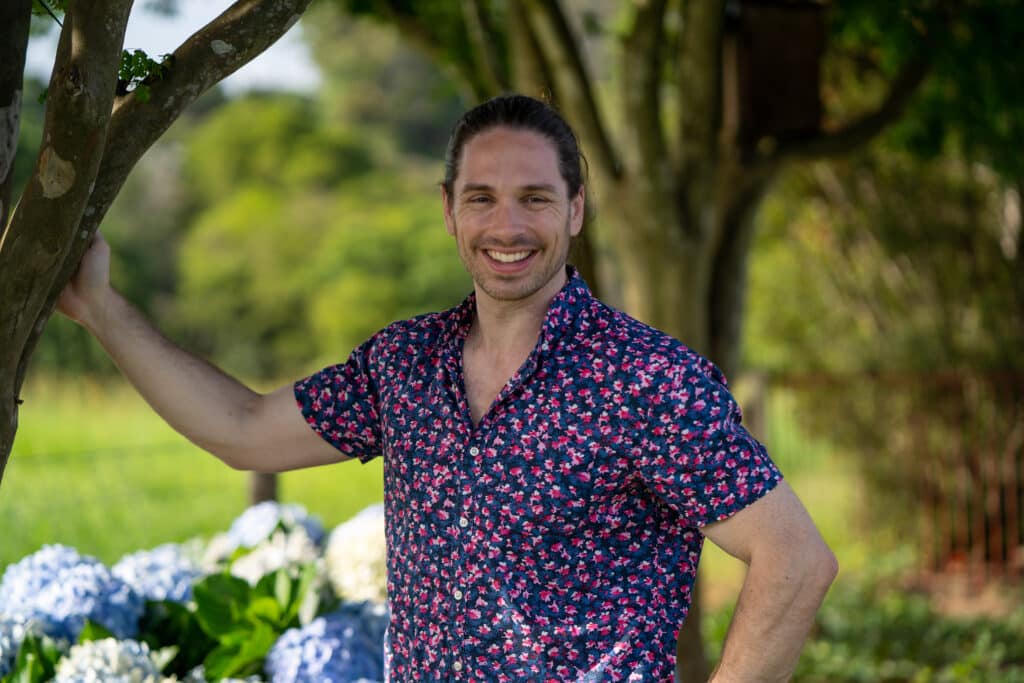You go on a first date. Your friends ask, “How did it go?”
“Well…” you hesitate… “It was OK, but we didn’t have a lot to talk about.”
It’s a common complaint. Maybe you’ve even tried to prepare for the date and prevent this! You’ve probably read about icebreakers and practiced opening lines; maybe you’ve written out questions to prompt conversation. The fact is, most of us could stand to brush up on our storytelling skills.
You may think your life is mundane or routine, but I assure you that every single one of us has the raw materials for gasp-worthy stories just waiting to be mined. Here are some tips and tactics that will elevate your stories from time-killer and space-filler to truly memorable and captivating pieces.
Being able to tell a story is an effective way to build connection and generate good flow with the person you’re talking to. It’s a great way to showcase who you are, and when your date follows your storytelling cue, it’s also an effective tool to learn more about them as well! Whether your story is happy, humorous, or even slightly tragic, here are some tips to keep in mind when telling your tale.
1. Lead with authenticity.

Obviously, you’ll want to be truthful, but know that it’s also OK to add a little flair. Sometimes, we assume our stories aren’t interesting, so it’s tempting to spice things up to make it more compelling. That’s fine. Whether we’re recounting the tale of getting a concussion from an ice skating disaster or losing the perfect parking spot, we tend to exaggerate and use hyperbole. This is human; just don’t over do it.
2. Be the star of your story.
 This can be harder than it sounds for some of us. If you’ve spent your life staying out of the spotlight, you might balk at telling tales with you at the center. Just know that your listener not only wants that but in a way, you’re doing them a favor. You’re taking some pressure off of them to constantly come up with something riveting to say–and if they are anxious, introverted, or shy in anyway, this is probably a welcome relief!
This can be harder than it sounds for some of us. If you’ve spent your life staying out of the spotlight, you might balk at telling tales with you at the center. Just know that your listener not only wants that but in a way, you’re doing them a favor. You’re taking some pressure off of them to constantly come up with something riveting to say–and if they are anxious, introverted, or shy in anyway, this is probably a welcome relief!
Your listener really does want to mentally join you in your adventure! We also want to know you’re human, complete with all the quirks, foibles, and shortcomings that being human brings. So, show us your flaws (with moderation)! We’ll probably like you better and trust you more for having them. Even better if you can be the underdog and use a little self-deprecating humor. We want to root for you to triumph over your obstacles!
3. Try to have a universal theme that’s relatable.

Ideally, this should not be self-indulgent (self-glorifying) or embarrassingly personal. If your story has an element that most people can relate to, they’ll feel like they know and like you better after the story than they did before. Just be careful not to over-share. Your story shouldn’t come off like a therapy session.
“There is comedy even in the mundane, and wisdom can sometimes even be found in the banal.”
4. If your story is about something traumatic…
..and you’re not “over” it, don’t tell it. A heartbreak that’s too raw and too fresh is not good story fodder (yet). Get some emotional distance from the hurt, so you can extract either the humor or the lesson learned for a great story.
5. Grab what’s around you!

Sometimes, an event is unfolding in front of you or what’s happening nearby is where the story’s at! Tell us what you were thinking at the time. Reveal your inner monologue. Sometimes, that’s funnier or more interesting than what actually happened!
6. Passion is more important than plot.
 Confidence is more important than content. With the right energy and lightheartedness, you could talk about the bowl of oatmeal you had this morning for breakfast in a way that’s quirky, intriguing, and fun!
Confidence is more important than content. With the right energy and lightheartedness, you could talk about the bowl of oatmeal you had this morning for breakfast in a way that’s quirky, intriguing, and fun!
Know that there is comedy even in the mundane, and wisdom can sometimes even be found in the banal. Try to look at your own world through fresh new eyes, so that you can see all the story fodder in front of you and mine it in time for your next date!
7. Conversational, not presentational.

To make your story easy to follow, cut out anything you wouldn’t say to a group of your friends. And don’t forget to ask your conversation partner questions that set him or her up to tell their story too! Being a receptive and attentive listener is every bit as important as being a good storyteller.
8. A little prep?

If you’re starting out as a mega introvert like I did, it can be a good idea to write out a few stories, practice them in your head (or out loud in the shower!), and have them ready to keep the conversational momentum going. Consider this part of your pre-date prep, just like getting dressed, brushing your teeth, and styling your hair. Even if your story isn’t wildly adventurous or life-altering, prep will allow you to be more relaxed, which will mean the natural, fun energy you have within you will flow more easily.
Telling stories isn’t something that comes naturally to many of us, especially if you grew up a raging introvert like me. Nonetheless, it’s a life skill everyone can benefit from, and dates are a wonderful opportunity to push yourself out of your storytelling comfort zone.









